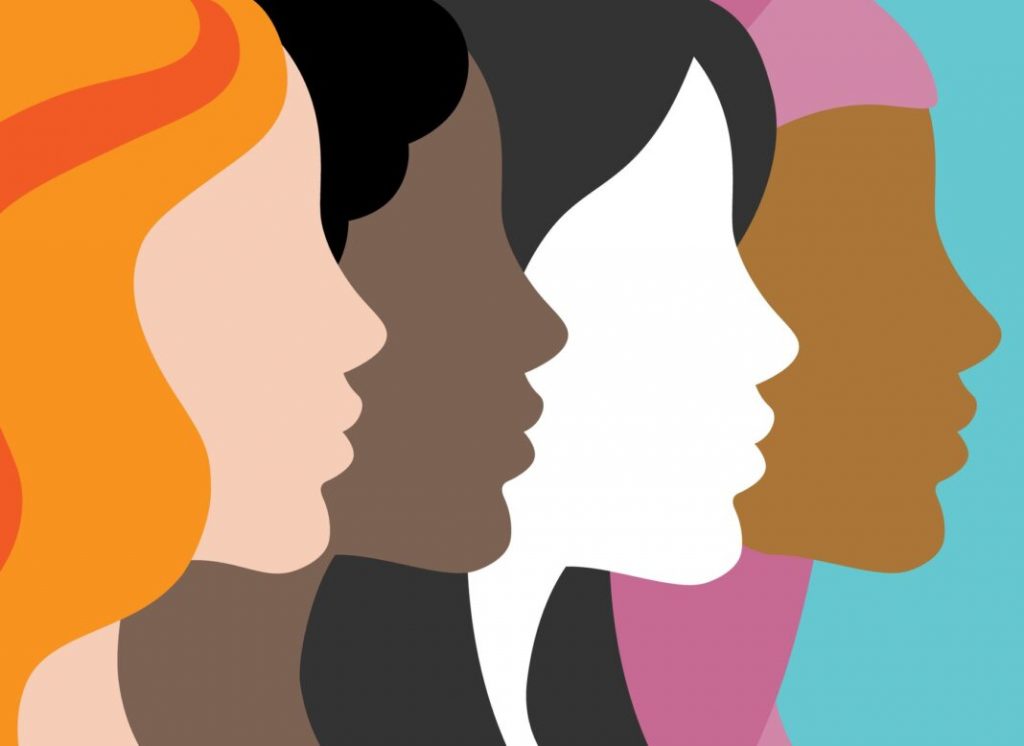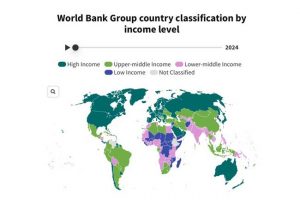The fight for women’s empowerment in an era of conflict and multifaceted crises – Lionel Bopage

http://www.dreamstime.com/stock-image-international-women-s-day-poster-profile-faces-different-races-space-text-image210812191
As the United Nations prepares to observe this year’s International Women’s Day with the theme “Count Her In: Invest in Women. Accelerate progress,” Sri Lanka, like many nations, grapples with a confluence of crises driven by geopolitical conflicts, rising poverty levels, and the escalating impact of climate change. Recognising the pivotal role of women in addressing these challenges, the UN underscores the urgent need for their empowerment. Despite the significant economic contributions made by women globally, alarming projections indicate that over 342 million women and girls could be pushed into extreme poverty by 2030.
Women are disproportionately burdened with unpaid care work, estimated at three times the amount performed by men, with an economic value surpassing 40% of the global GDP. Yet, they continue to face persistent obstacles, exacerbated by widespread violations of the right to education, hindering progress towards gender equality and perpetuating poverty on a global scale. Shockingly, around 244 million children worldwide are deprived of education, with 617 million lacking basic literacy and numeracy skills (UN, 2024).
Despite the improvements in women’s rights over the years, there have been reversals as well. The current tendencies in social development does not guarantee continued progress for their empowerment.
Understanding these issues will help communities to work together to achieve gender equality, protect human rights and ensure safety of all people. World-wide, women face many challenges due to domestic violence, sexism, reproductive rights, discrimination in many sectors etc. In some communities, women face specific issues due to their own religious practices, cultural traditions etc. leading to genital mutilation and child marriage practices. At workplaces, women have been trying to break through glass ceilings for many decades, though some women run large corporations and hold high management positions. Despite the progress achieved so far, sexism, violence and discrimination still remain.
Though not limited to women, domestic violence starting from the teenage days has become a major concern in most of the countries of the world. Abuse and violence take many forms from emotional and psychological abuse to sexual and physical abuse. In Australia, it is a large and growing problem. On a global scale, female genital mutilation has become an issue of concern for many women. The UN has recognised that the practice of genital mutilation is a violation of human rights.
Sri Lanka’s Efforts
Challenges in SMEs and Policy Frameworks
Sri Lanka’s economy is largely driven by Small and Medium Enterprises (SMEs), which often grapple with issues such as poor management, low productivity, limited investment, lack of innovation and product diversification through value-adding. Converting informal sector employment into more dignified opportunities presents a significant challenge, exacerbated by the absence of affordable childcare services, particularly in rural areas.
Unlike countries such as Australia, where childcare costs are subsidized, Sri Lanka struggles with pervasive corruption and inefficiency within its governance structures, hindering efforts to improve childcare accessibility and quality. Establishing consistent national policies aimed at fostering early childhood development is essential for ensuring a brighter future for generations to come.
Addressing Patriarchy and Social Conflict
The enduring legacy of armed conflicts in Sri Lanka has further marginalized women, particularly widows who endure economic hardships and face exploitation and abuse. Efforts to address their needs and reduce their social and economic burdens are crucial for fostering a culture of peace and reconciliation in post-war societies like Sri Lanka.
Combatting Poverty and Exploitation
Economic desperation, exacerbated by rural poverty, drives many Sri Lankan women into informal employment sectors, exposing them to exploitation and abuse. Unregulated micro-credit schemes target vulnerable women, perpetuating cycles of debt and vulnerability.
In conclusion, the challenging issue women encounter today can be addressed by fighting against gender and economic inequality. This can be achieved mainly by ensuring the right of girls to access education, providing women platforms and incentives to achieve political and economic independence, influencing the end of domestic violence both physical and psychological by enacting and impartially implementing legislation to prevent such violence, assuring women access to appropriate health facilities etc.
Addressing the multifaceted challenges faced by women in Sri Lanka requires a comprehensive approach encompassing policy reforms, economic empowerment initiatives, and social transformation efforts aimed at dismantling patriarchal structures and fostering inclusive development etc. Only through our collective action and unwavering commitment can we truly achieve gender equality and empower women to thrive in all aspects of society.
https://srilankabrief.org/the-
PHOTO
http://www.dreamstime.com/









